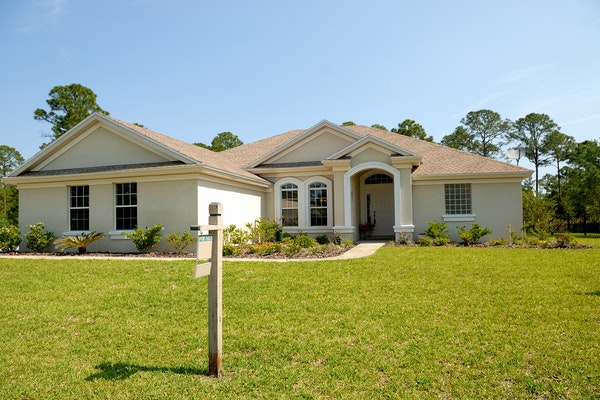Buying a house involves a lot of decisions, time, and money. How can you tell if you are financially ready for such a purchase? While no one can make that choice for you, there are plenty of things to consider. Evaluate your financial readiness before buying a house to help avoid bankruptcy and credit card debt.
Buying a House: Financial Costs & Benefits
Everyone knows it’s expensive to buy a home or apartment. Here is a list of potential costs after you’ve signed all the papers. As you search for a new abode, keep these items in mind. Can your finances handle these additional costs?
Extra Costs of Buying a House or Apartment
- Maintenance costs
- Landscaping tools: lawn mowers, hoses, work gloves, hedge trimmers, etc
- Updating out of code items once you take possession of the property
- Household goods- supplies for more bathrooms, area rugs, light bulbs, lamps, curtains, etc
- Increase in utility costs
- Difference in commute and gas costs
- Appliance replacement and maintenance
- More furniture to fill up a larger space
- School and property taxes
- Debt for years to come
- Moving costs
- Increase in home insurance
- HOA fees
- Unexpected major home repairs
Financial Benefits and Ways to Reduce Debt
- The mortgage is actually lower than your rent- save the extra money or use towards debt management
- Buy a more energy efficient home
- Buying a house can be a good investment
- You may have more consistent expenses- no rent increases
- Control over all decisions!
- No pet deposit or security deposit to round up
- Ability to purchase quality appliances and materials when needed
- Paint and decorate however you like
- Purchase a smaller home or apartment that will cost less to maintain and buy
- Tax benefits like a deducting a home office and mortgage interest
- Sublet rooms or use Airbnb to help pay the mortgage off quicker
- Make extra mortgage payments to save thousands in interest and shave years off the loan term
Financially Ready to Buy a Home
As mentioned above, there are many costs as well as great reasons to own a home or apartment. If you have decided your finances can handle the risks, consider the following 5 financial readiness items:
- Saved enough for a down payment (20% requires no PMI but that doesn’t mean 5% down is no-go)
- Saved for additional maintenance costs
- Secure employment
- Long-term plans to live there for 5+ years
- No credit card or other major unsecured debt
Best case scenario: you can check all these boxes off with confidence. Some financial experts advise having no debt, good or bad, before trying to own a home. However, this is extremely difficult for most. Student loan debt and car loans are often the culprit. While these debts aren’t exactly negative, they probably take up a lot of room in the budget and carry risk if you should have any bumps in the road trying to pay them off. Evaluate your own unique situation on how to manage debt or seek a professional for some financial counseling.
Finally, you may have realized buying a house is not the right choice for you. This can be great motivation. Make it a financial goal you can work towards. Set up a plan and make it happen! If you are someone who likes to see new places or isn’t sure where you want to put down roots, waiting is most definitely in your favor.
If you’re struggling to pay off debt, ACCC can help. Schedule a free credit counseling session with us today.






